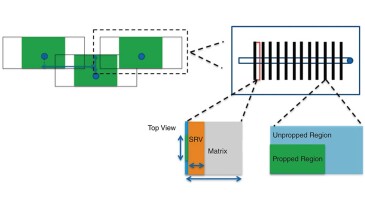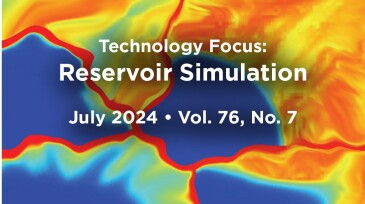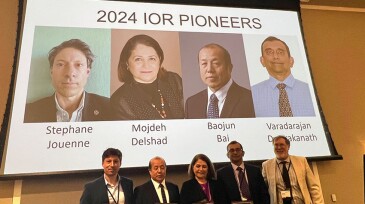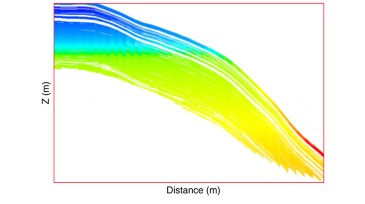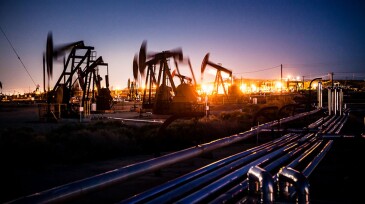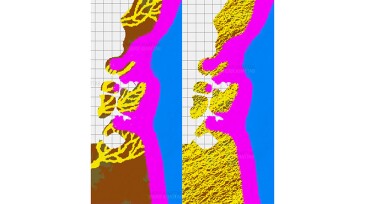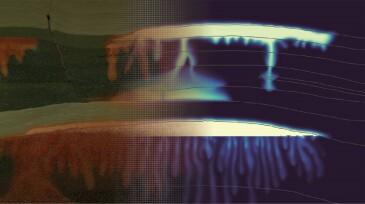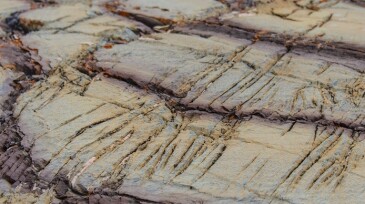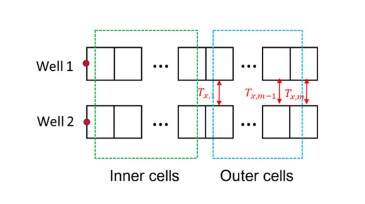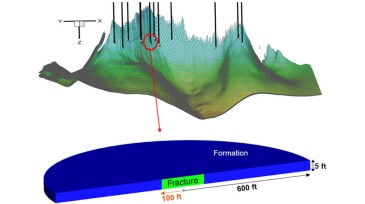Reservoir simulation
This paper addresses the difficulty in adjusting late-stage production in waterflooded reservoirs and proposes an integrated well-network-design mode for carbon-dioxide enhanced oil recovery and storage.
This work presents the development of fast predictive models and optimization methodologies to evaluate the potential of carbon-dioxide EOR and storage operations quickly in mature oil fields.
The authors of this paper apply a deep-learning model for multivariate forecasting of oil production and carbon-dioxide-sequestration efficiency across a range of water-alternating-gas scenarios using field data from six legacy carbon-dioxide enhanced-oil-recovery projects.
-
This paper presents a workflow that combines probabilistic modeling and deep-learning models trained on an ensemble of physics models to improve scalability and reliability for shale and tight-reservoir forecasting.
-
The integration of artificial intelligence/machine learning with traditional workflows marks a turning point, unleashing the immense potential of these proven techniques to address our everyday challenges in reservoir simulation.
-
The honor recognizes recipients for their lasting and significant contributions in the field of IOR.
-
The authors of this paper review the advantages of machine learning in complex compositional reservoir simulations to determine fluid properties such as critical temperature and saturation pressure.
-
This work presents an integrated multiphase flow model for downhole pressure predictions that produces relatively more-accurate downhole pressure predictions under wide flowing conditions while maintaining a simple form.
-
This paper details how the reservoir modeling workflow can be accelerated, and uncertainty reduced, even for challenging greenfield prospects by constructing multiple small fit-for-purpose integrated adaptive models.
-
Definition and call for participation in the 11th Society of Petroleum Engineers Comparative Solution Project, which is motivated by the immense challenge of achieving geological carbon storage at a scale that impacts significantly atmospheric emission of carbon dioxide.
-
The index integrates three independent components extracted from static and dynamic parameters: reservoir permeability thickness, movable gas, and reservoir pressure from a historically matched dynamic model.
-
The authors of this paper propose a hybrid approach that combines physics with data-driven approaches for efficient and accurate forecasting of the performance of unconventional wells under codevelopment.
-
This paper describes a full-field and near-wellbore poromechanics coupling scheme used to model productivity-index degradation against time.




